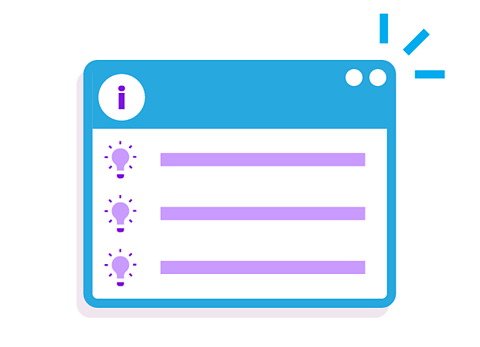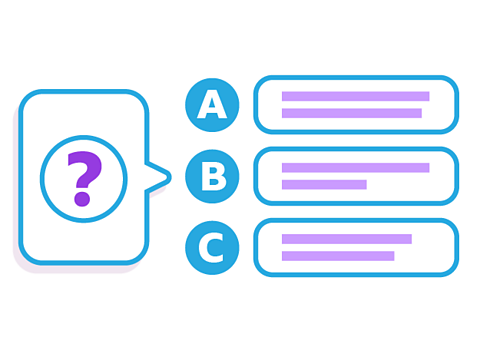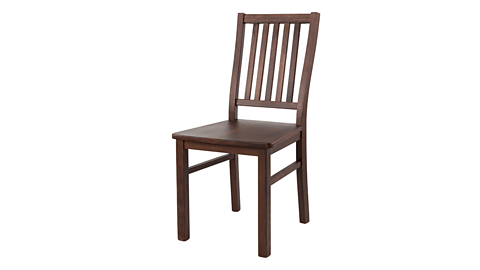Key points about partitive articles in French

Partitive articles are some and any in English, or de followed by the definite articleMeans 'the'. Definite articles change depending on whether the noun it goes with is masculine, feminine, singular or plural. in French.
The partitive article is du for masculineAll nouns in French are either masculine or feminine. singularRefers to only one object or person. nouns, de la for feminineAll nouns in French are either masculine or feminine. singular nouns, de Бєт for nouns starting with a vowel or h muet (silent h) and des for pluralMore than one of an item. nouns.
Partitive articles are used with some common verbA word used to describe an action or state of being. such as avoir (to have), faire (to do, used with sports) and manger (to eat).
Use de but omit the definite article before nouns following a verb in the negative and with expressions of quantity such as beaucoup de (lots of).
Higher Tier - use partitive articles with uncountable nouns, such as water, to mean some or any.
What is a partitive article in French?
Some and any are partitive articles and are used to refer to an unknown quantity of something. In French, the partitive article is formed with de (тofт) and the definite article.
The partitive article changes depending on whether the noun it goes with is masculine, feminine, starts with a vowel or h muet (silent h) or plural.
| masculine | feminine | before a vowel or silent h | plural |
|---|---|---|---|
| de + le т du | de la | de l' | de + les т des |
When are partitive articles used in French?
Partitive articles are used with some common verbs, such as those in the examples below:
| Verb in the infinitive | Example |
|---|---|
| manger - to eat | Je mange du pain. - I eat (some) bread. |
| boire т to drink | Elle a bu de Бєтeau. - She drank (some) water. |
| prendre т to take/have | On aime prendre des photos. - We like taking (some) photos. |
| faire т to do | Je fais du sport tous les jours. - I do (some) sport every day. |
| avoir т to have | Il y a de la glace dans le congУЉlateur. - There is (some) ice cream in the freezer. |
| jouer т to play (an instrument) | Ils jouent du piano. т They play the piano. |
Partitive articles - Mini quiz

Fill in the blank with du, de la, de Бєт or des.
Je vais prendre _______ poisson. (I am going to have some fish.)
Je vais prendre du poisson. - I am going to have some fish.
Poisson is masculine, and du meaning тsomeт is used when the noun is masculine.
Using 'de' with no article in French
De is used with no article (le, la, Бєт or les) in certain situations.
- When using negative expressions such as ne тІ pas (not any), ne тІ plus (no more) and ne тІ jamais (never), with a verb such as avoir (to have).
For example:
Je nтai pas de chat. т I donтt have a cat.
Mes parents nтont jamais Лхтargent. т My parents never have any money.
- With expressions of quantity such as beaucoup de (a lot of), trop de (too much) and plus de (more).
For example:
Il y a beaucoup Лхтenfants ici. т There are a lot of children here.
Le prof donne trop de devoirs. т The teacher gives too much homework.
Je voudrais un peu plus de chocolat, sтil vous plaУЎt. т I would like a bit more chocolate, please.

Remember
Before a vowel or h muet (silent h), de becomes Лхт.
For example:
- Il nтy a plus Лхтeau dans la bouteille. т There is no more water in the bottle.
Quiz
Practise what youтve learned about partitive articles with this quiz.
Higher Tier т Using partitive articles with uncountable nouns
Countable nouns are objects that can be counted, such as brother or cat. These can be used in singular and plural forms.
Uncountable nouns cannot be counted, such as water. These are usually used in the singular form.
It is not possible to say eg 'I am going to drink two waters'. The partitive articles some and any need to be used with uncountable nouns, as in 'I am going to drink some water'.
This is the same in French. Use du, de la or de Бєт with uncountable nouns to mean some or any.
For example:
Je vais manger du chocolat. т I am going to eat some chocolate.
Tu as de Бєтargent? т Do you have any money?
Uncountable nouns - Mini quiz

Translate this sentence into French: They are buying some bread.
Ils achУЈtent du pain.
Pain is an uncountable noun and is masculine, so du is needed in this sentence.
Higher Tier - Quiz - Partitive articles in French
Practise what youтve learned about partitive articles with this quiz.
Now youтve learned about partitive articles in French, why not explore the gender of nouns in French?
More on Gender, nouns and articles
Find out more by working through a topic
- count1 of 4

- count2 of 4

- count3 of 4
